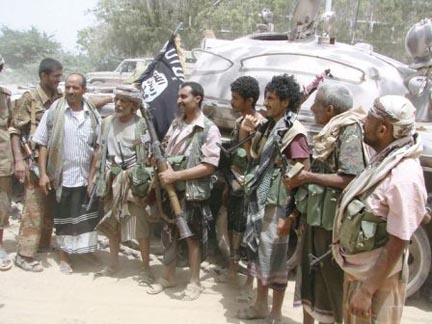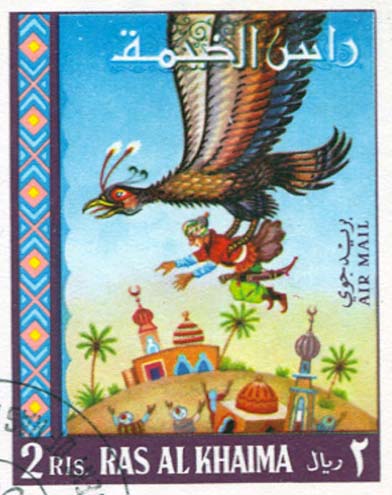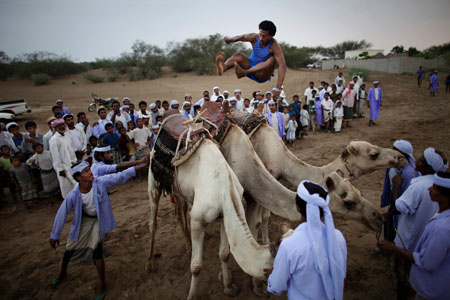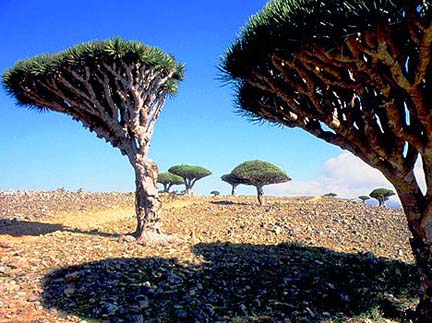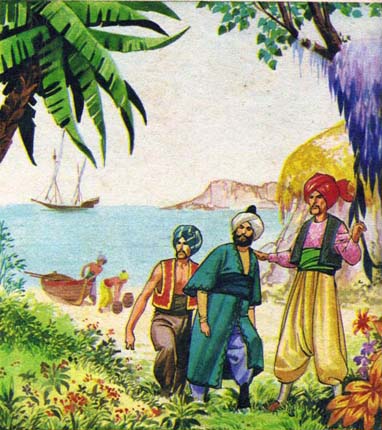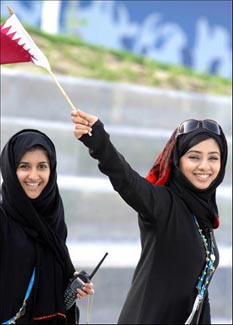
Qatari women as depicted on the main website of the Qatar Chamber of Commerce
Qatar’s social divide: hindering a pathway to the future?
By Michael Stephens, Open Democracy, June 10, 2012
When considering what Qatar might have in common with Arab countries which experienced revolutions following December 2010, one might get easily confused. There was no Arab Spring here, people did not take to the streets in protest. Indeed, most Qataris hold a genuine affection for the Emir, something which cannot be said for many other Arab nations.
It follows then that Qatar must be unaffected by the macro social processes that led to the outbreak of the Arab Spring. For if Qatar did not experience any of the symptoms it surely did not suffer from the illness, right?
Wrong, Qatar, like every Arab country in the world is struggling to deal with a number of social issues,ranging from a youth demographic boom, to political Islam, to inherent tribalism which pervades the public sphere.
Of most importance is the struggle between traditionalism and modernity, between the values of a mostly Bedouin orientated society clashing against western ideas. The struggle that many of the country’s young population go through on a daily basis is painfully obvious, as they attempt to combine the expectations of their families with growing up in a globalised world which their parents fundamentally do not understand.
This social cleavage leads to a society which awkwardly steps into the future, leading the ruler Sheikh Hamad Al Thani to plot a course which combines a mix of modernising polices on one hand with concessions to conservative forces on the other.
In recent years, this process has begun to accelerate. Continue reading Qatar’s Social Divide
